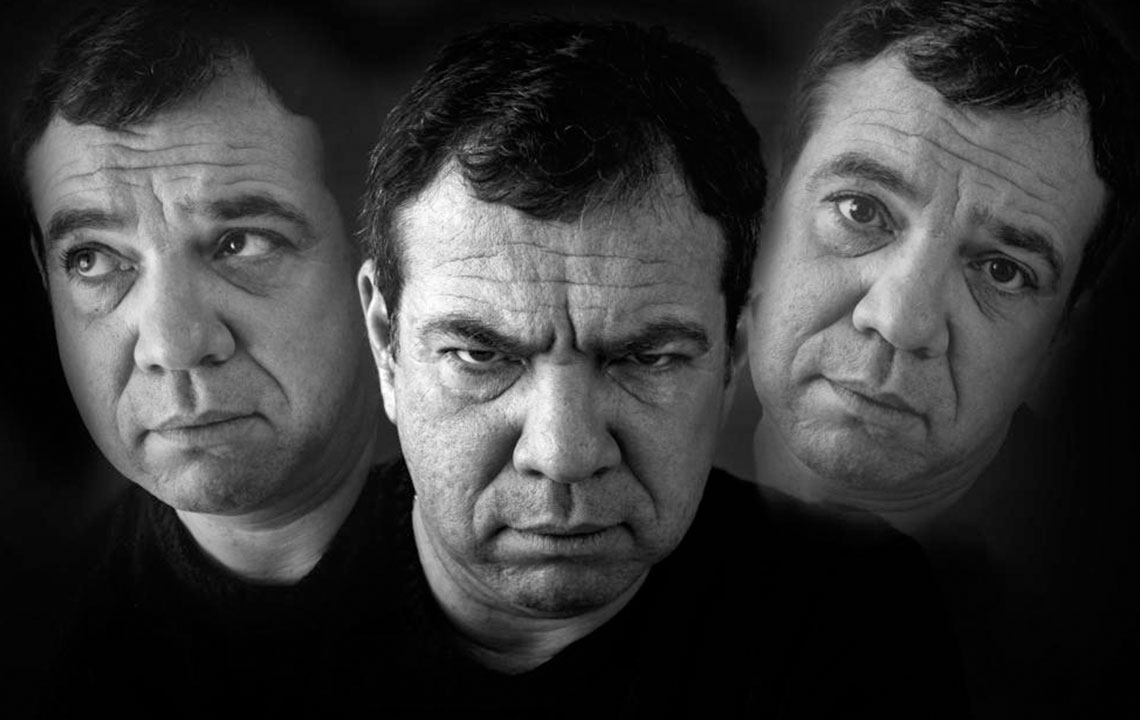Understanding Depression: Causes, Signs, and Treatment Options
This article provides an overview of depression, including its causes, symptoms, and treatment options. It emphasizes the importance of early diagnosis, professional intervention, and the supportive role of family and friends. The piece details medication types, therapy approaches, and advanced treatments like TMS and ECT, guiding readers to better understand how depression can be managed effectively for improved mental health and well-being.

Understanding Depression: Causes, Signs, and Treatment Options
Depression is a mental health condition characterized by a persistent low mood and loss of interest in daily activities. Also known as major depressive disorder, it can interfere with normal functioning and may require long-term management. Imbalances in brain chemicals are a key factor contributing to depression.
Causes of Depression
The exact origins of depression remain uncertain. Experts believe that risks include emotional instability, environmental shifts, and genetic predisposition. Brain chemistry irregularities can increase vulnerability to depression.
Symptoms of Depression
Symptoms vary across age groups but generally include:
Persistent sadness, irritability, or frustration
Loss of interest in hobbies, social interactions, and sex
Changes in sleep patterns, either insomnia or oversleeping
Appetite changes leading to weight fluctuations
Feelings of guilt, low self-esteem, and reduced confidence
Thoughts of self-harm or suicide
Physical pains and headaches without clear cause
Alterations in personality and behavior
Children and teenagers may display specific signs such as school refusal, withdrawal, and mood changes. Immediate medical intervention is crucial if symptoms worsen or lead to self-harm.
Management and Treatment
Addressing depression often requires a combination of medications and therapy, guided by healthcare professionals. Common medications include:
Atypical antidepressants
Serotonin-Norepinephrine reuptake inhibitors
Tricyclic antidepressants
Selective Serotonin reuptake inhibitors
Monoamine oxidase inhibitors
Psychotherapy, especially talk therapy, plays a vital role by fostering positive thinking, encouraging social and behavioral improvements, and setting achievable goals. Additional options like Transcranial Magnetic Stimulation and Electroconvulsive Therapy are considered when other treatments are ineffective:
Transcranial Magnetic Stimulation uses magnetic waves to stimulate nerve cells in the brain.
Electroconvulsive Therapy involves passing electrical currents to influence neurotransmitter activity.
Important Reminder:
Supporting loved ones with depression is essential. If someone shows signs of severe depression or suicidal thoughts, immediate medical help and emotional support are critical. Remember, recovery requires patience and professional assistance. Our content aims to inform but should not replace medical advice.










